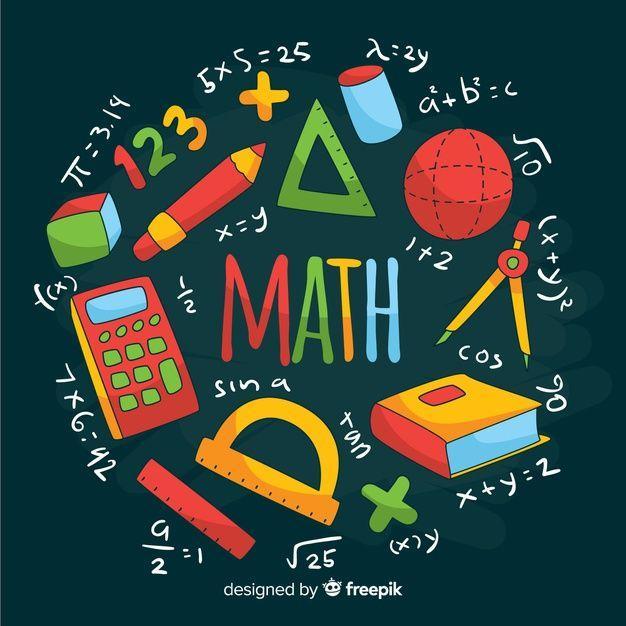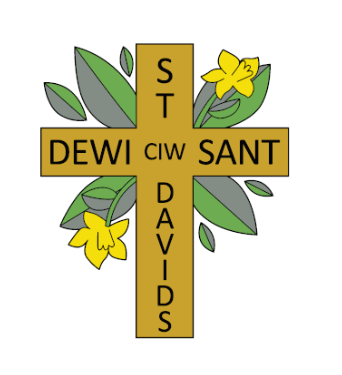- Home
- Key Information/ Gwybodaeth Allweddol
- Curriculum
- Curriculum For Wales
- Our Areas of Learning and Experience
- Maths and Numeracy
Maths and Numeracy

This is how the Maths and Numeracy AoLE looks like in our school...
Click here to view the latest examples of our Maths work in action!
What is Numeracy?
Numeracy is the application of Mathematics to solve real-life problems; it includes the use of concepts such as addition, subtraction, multiplication and division in everyday situations.
When do we use Numeracy?
We use Numeracy all the time and, often, don’t even realise we are using it! We use it at home, school and when we are enjoying leisure time, through activities such as:
~ cooking (weighing and measuring) and adapting recipes
~ checking finances/money and setting budgets
~ reading timetables and calculating the length of journeys, programmes and other activities
~ understanding statistics and graphs/data in the news
~ paying bills, receiving change and calculating discounts/savings on the items we buy
… and so much more!
Introduction to Mathematics and Numeracy
The development of mathematics has always gone hand in hand with the development of civilisation itself. A truly international discipline, it surrounds us and underpins so many aspects of our daily lives, such as architecture, art, music, money and engineering. And while it is creative and beautiful, both in its own right and in its applications, it is also essential for progress in other areas of learning and experience.
What is more, numeracy – the application of mathematics to solve problems in real-world contexts – plays a critical part in our everyday lives, and in the economic health of the nation. It is imperative, therefore, that mathematics and numeracy experiences are as engaging, exciting and accessible as possible for learners, and that these experiences are geared towards ensuring that learners develop mathematical resilience.
In the early years, play forms an important part in the development of mathematics and numeracy, enabling learners to solve problems, explore ideas, establish connections and collaborate with others. In later years, learners need to have opportunities to work both independently and collaboratively to build on the foundations established in the early years.
Progression in the Mathematics and Numeracy Area of Learning and Experience (Area) involves the development of five connected and interdependent proficiencies which have no hierarchy. These are crucial considerations for schools when designing their curriculum to ensure the progression of learners.
- Conceptual understanding
- Communication using symbols
- Fluency
- Logical reasoning
- Strategic competence
What matters in this Area has been expressed in four statements which support and complement one another and should not be viewed in isolation. Together they contribute to realising the four purposes of the curriculum.
Formal mathematics has developed through rigorous logical reasoning. It involves inventing or discovering abstract objects and establishing the relationships between them. It also teaches the difference between conjecture, likelihood and proof.
Mathematical thinking involves applying similarly logical reasoning, this time to the investigation of relations within and between concepts, along with justifying and proving findings. Indeed, understanding mathematical concepts and being able to apply and reason with the abstract representations of concepts is central to learning mathematics. And essential to this is comprehension of, and proficiency with, the symbols and symbol systems used in mathematics.
Applying mathematics requires strategic competence in the use of abstraction and modelling, and learners develop resilience, as well as a sense of achievement and enjoyment, as they overcome the challenges involved. Subsequently, mathematical activities teach learners not to be afraid of unfamiliar or complex problems, as they can be reduced to a succession of simpler problems and, eventually, to basic computations. As they reflect on the approaches used, and on their own mathematics and numeracy learning, learners can develop metacognitive skills which can help them identify steps to take to improve performance. Through this they can become ambitious, capable learners, ready to learn throughout their lives.
Experiences in this Area also contribute to developing enterprising, creative contributors, ready to play a full part in life and work. These can encourage learners to be creative because it asks them to play, experiment, take risks and be flexible in tackling mathematical problems.
Because mathematics is essentially abstract, it allows learners to operate with objects that do not physically exist, and to use and develop their creativity to imagine and discover new realities. It also supports numerical modelling and forecasting which can in turn encourage entrepreneurial thinking.
Mathematics and numeracy can also help learners become ethical, informed citizens of Wales and the world by providing them with tools to analyse data critically, enabling them to develop informed views on social, political, economic and environmental issues. It encourages clarity of thinking, allowing learners to understand and make reasoned decisions.
In this Area, learners can encounter contexts involving health and personal finance, where they may develop the skills needed to manage their own finances, make informed decisions and become critical consumers. Experiences in this Area will help them learn to interpret information and data to assess risk, and to use their numeracy skills across the curriculum to make effective choices, all of which can help them become healthy, confident individuals, ready to lead fulfilling lives as valued members of society.
What can you do at home to support your child?
Learners should be given opportunities to explore mathematically rich environments both indoors and outdoors. In the early years, play-based activities are important, enabling learners to explore ideas, establish connections and collaborate with others. As children grow, they should apply these skills to real-life problem solving in everyday situations.
To support parents and families with this, we have created a range of home learning activities which we recommend you use to support your child with their Mathematics and Numeracy.
Times Tables
Learning multiplication facts is a vital part of any child’s mathematical development. Once rapid recall of multiplication facts becomes possible, a whole host of mathematical activities will seem easier. Children need to be able to recall multiplication facts in any order and also to derive associated division facts. All children are expected to know the following tables confidently by the end of the academic year:
Year 2 - 2x, 5x and 10x
Year 3 - 2x, 5x, 10x, 3x and 4x
Year 4 - 2x, 5x, 10x, 3x, 4x, 6x and 8x
Year 5 - 2x, 5x, 10x, 3x, 4x, 6x, 8x, 7x and 9x
Year 6 - 2x, 5x, 10x, 3x, 4x, 6x, 7x, 8x, 9x, 11x and 12x
